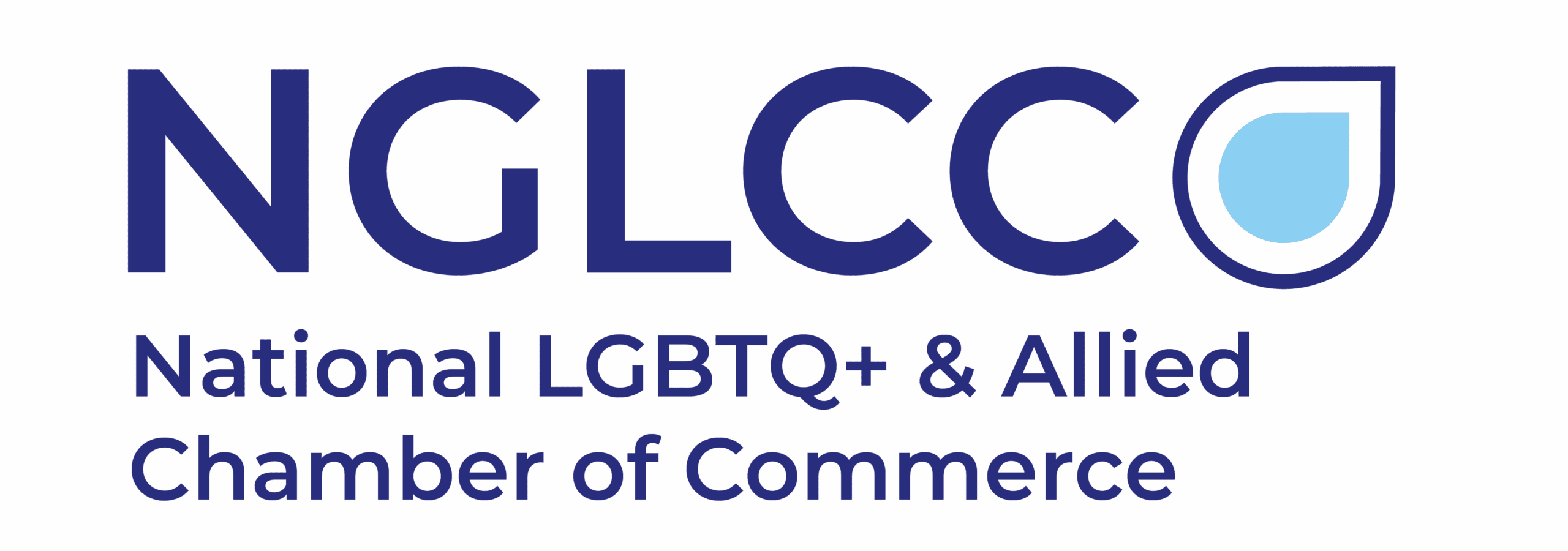(Content Warning: mentions of suicide, religious trauma)
Last month, for a special Pride edition of the Crossroads and Conversation series, NGLCC hosted Chely Wright (she/her/hers), country singer and activist, in an afternoon of discussion reflecting on Pride and more. This event highlighted the queer experience in a celebration of pride and the LGBTQIA+ community. Justin Nelson (he/him/his), co-founder and president of NGLCC, kicked the event off by expressing his excitement for the conversation and overall thrilling opportunity.
Nelson welcomed both Chely and viewers, stating, “Happy Pride, NGLCC network and friends. I am thrilled to be having today’s discussion, our special Pride edition of Crossroads and Conversation, here at the National LGBT Chamber. We have an icon, we have an author, activist, thought leader, a corporate leader in DEI (Diversity, Equity, and Inclusion), someone who has lived life to the fullest and understands all there is that we still have to do. I am thrilled to welcome to this conversation the wonderful Chely Wright.”
Nelson and Wright discussed how their background in small town life shaped the way they grew up and saw the world. Wright was raised in Wellsville, Kansas, and she reflected fondly on the sense of family and support gained from the small population. However, Wright felt hyper-analyzed at times, particularly in regards to her hidden sexuality. As an added measure of insularity, Wright’s hometown was both small and extremely Christian, increasing the overall stress she felt on a daily basis.
Wright’s introduction to music began at an early age, and she discussed one memory in which her family, thinking she was missing, found her at a nursing home playing piano for the audience. From that point, Wright would save up money from working gigs in order to pay for lessons and expand her musical horizons. Later on during the discussion, Wright pointed out that music and the opportunities afforded by it became a great outlet for her during her difficulties with being in the closet and beyond.
As a gay Christian, Wright’s self-discovery and coming out experience has been heavily influenced by her religion and relationship with her god. When she first began feeling different from her peers during the third grade, Wright would often pray and as to not be gay in exchange for being a good and honest Christian. In a large degree, this internal struggle between religion and self affected her mental health and eventually led her to a suicidal point in her life. Wright experienced something spiritually profound at this moment, which led her to eventually embrace her sexuality to the fullest.
Being gay in the country music industry has not been the easiest thing in the world for Wright, but she hopes she has made it more accessible for others. A large portion of her current work, both music and otherwise, includes dedication to equity and inclusion for queer people. Wright believes that the key to happiness is living authentically and honestly, and by creating more space for members of the LGBTQIA+, she hopes that others can experience this type of open life too.
Remarking on her life before coming out, Wright discussed feeling very apologetic to those she was not honest with, including her past significant others and those people close to her. Above all else, Wright regrets that she was most untrue with herself, and that being her best queer self was the start of being truly honest.
In reflection on this, Wright said “I was a damage factory. The minute I came out of the closet, I retired from that job. I didn’t have to hurt myself, I didn’t have to hurt or confuse or flumox or dismay others. I think that’s one of the stories we queer people have to talk about more. We have to tell those stories more; we’re not the damage we do to ourselves and others when we’re just not authentic.”
**
NGLCC would like to extend a special thanks to Chely Wright and her amazing contribution to this edition of Crossroads and Conversation. For those who want to hear more about Wright’s experience as a gay artist and activist, you can read her full book Like Me: Confessions of a Heartland Country Singer.
